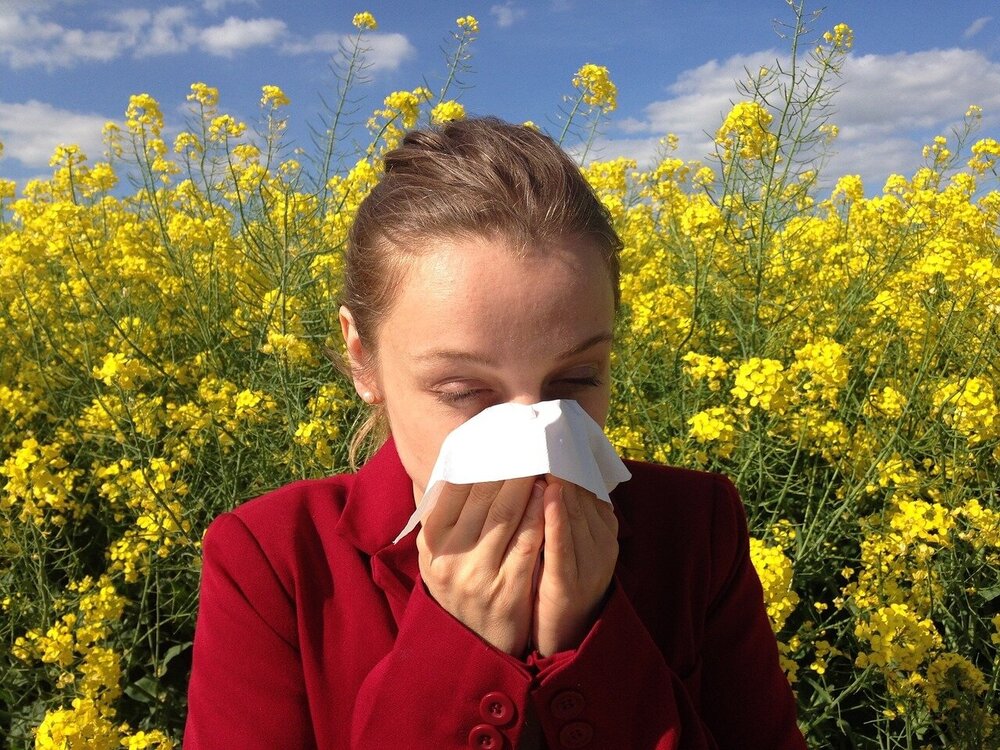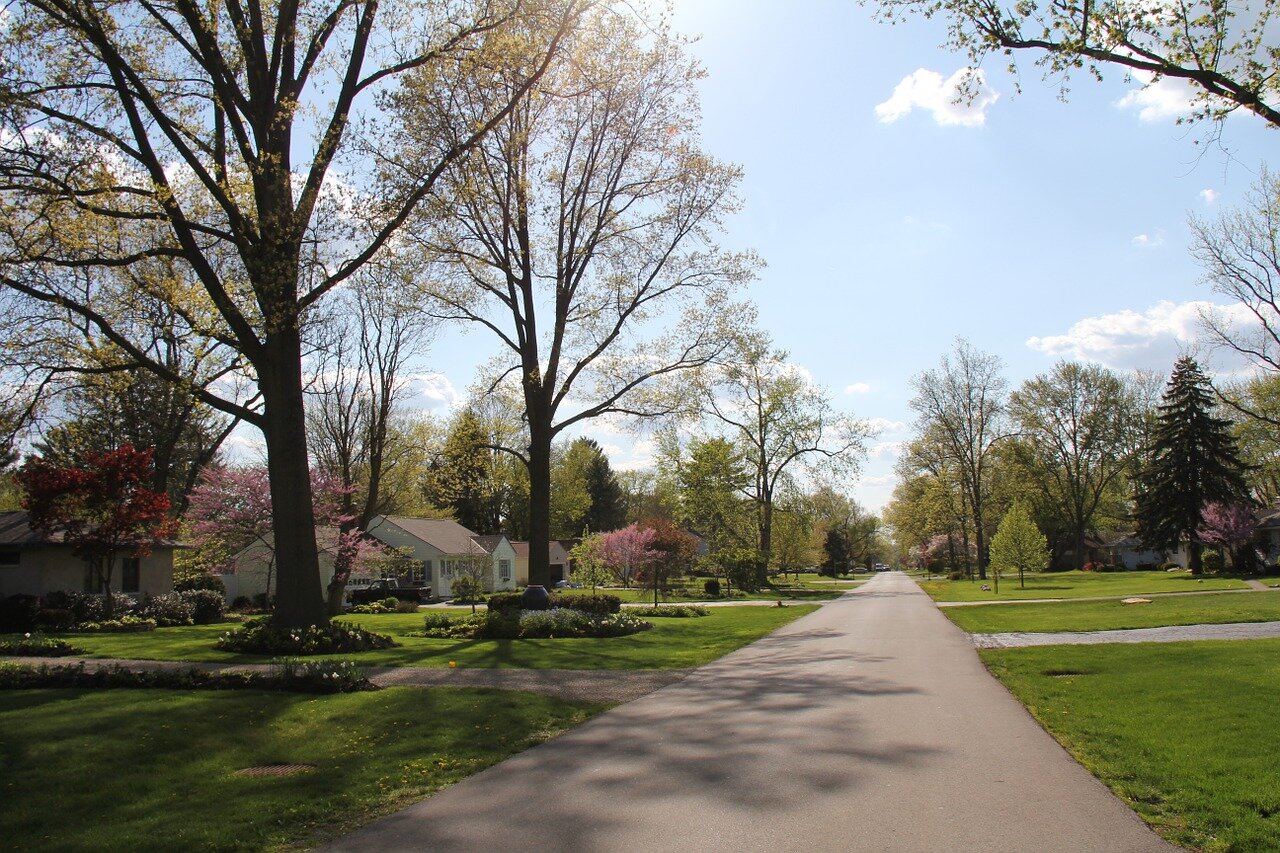March 9, 2020
How to Survive Spring Allergies in Utah

(Note: this article does not provide medical advice and is for information purposes only. It does not take the place of professional medical advice, treatment recommendations, or diagnoses. Individuals should always consult a doctor or medical professional regarding any diagnoses or treatment plans.)
The first day of spring is almost upon us, and springtime pollen counts in Utah are already starting to rise. Utahns know all about the intense allergies Utah’s spring weather brings. The warm, dry climate partnered with breezy spring weather creates the perfect setting to trigger intense allergy attacks from pollen.
As Utah residents ourselves and as a company that has been working with residents in the Salt Lake City area for over twenty years, we’ve seen our fair share of the infamously rough, seasonal allergy symptoms that Utahns experience each year.
These are our top recommendations on how to survive springtime allergies in Utah.
Find out what plants you’re allergic to
The first step to combating allergies is find out what you’re allergic to. Have your physician administer an allergy test to you. If you don’t know what is triggering your allergies, you won’t know what to avoid and what precautions to take. Especially if you also have asthma or are prone to colds, it can be helpful to take an allergy test to know what could trigger your other symptoms. Allergies can worsen asthma attacks for Utahns, so it is important to know exactly what your body is sensitive to and protect yourself from those things.
Related: How Poor Indoor Air Quality Is Affecting Your Asthma

Remove common allergens from your home
Fresh, spring air feels great, and it is natural to want to open the windows in your house or drive with your windows rolled down. However, if you have a pollen allergy, it is best to keep your windows closed to limit your exposure to outdoor, pollen-filled air.
You’ll also want to be aware of other allergens or irritants that may affect the air in your home, such as pet dander, tobacco smoke, mold, and wood-burning stoves or fireplaces. If possible, limit your exposure to these items as well, and thoroughly clean your home to remove any lingering irritants that may be triggering your allergies.
One of the main ways allergens get trapped in your home is by getting stuck in the air ducts and vents. Dust, dust mites, pollen, dander, and mold often build up in the air ducts of Utah homes throughout the year. Having your air ducts cleaned will remove any buildup and increase the air quality in your home.
Know when to stay inside
Dry, windy days tend to be the days with the most pollen in the air. Even if you’re not near any trees or plants that you’re allergic to, on a breezy day in Utah, pollen spreads far and fast. If possible, try to stay inside on these types of days and limit your time outside. If you do need to go outside, keep in mind that pollen counts tend to be higher in the mornings and decrease as the day goes on. Going out at night may be your best bet to avoid intense allergy symptoms.
Get ahead of your allergies
If you haven’t experienced allergy symptoms yet or your symptoms have subsided, you still may not be in the clear. Start taking your allergy prevention routine before you begin having symptoms. Whether you decide to take supplements, over the counter medications, nasal sprays, or all of the above, taking these early on gives you the chance to get ahead of your allergies, so your body has some defenses built up by the time the allergens hit the air around you.
Some medical professionals in Utah recommend taking your allergy medication from mid-February through May to really help minimize your spring allergies.

Shower at night and do laundry often
Pollen from the trees and plants that bloom in Utah during the spring often sticks to our skin and clothes. Because of this, it is recommended that people with allergies shower every night. That way, you can wash off all of the irritants that stuck to you during the day before you head to bed. Allergies in Utah can make it hard to fall or stay asleep, due to endless sneezing, coughing, and other discomforts. Showering every night will help limit any allergens that could be triggering your allergies while you’re trying to sleep.
Additionally, it helps to do laundry often and not wear the same item twice if you wear it outside. Again, pollen can stick to our clothes, so your own clothes may trigger allergy symptoms if you wear an item again after wearing it outside. It can also help to take your shoes off before entering your home and leaving them outside or in your garage. This is another step to ensure you’re not tracking pollen into your home.
Starting with these tips is a great way to limit your exposure to the many allergens that pop up during springtime in Utah. If you find that your allergies seem to be especially bad in your Utah home, call Crystal Clean Vents to have your air ducts cleaned of any irritants and allergens stuck in your air ducts.

Leave a Reply